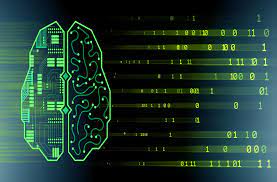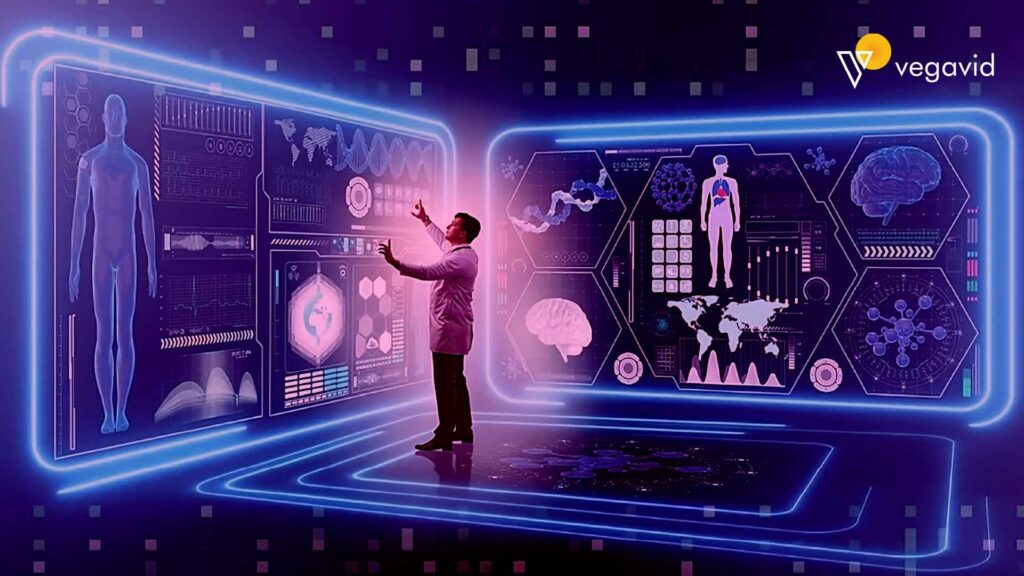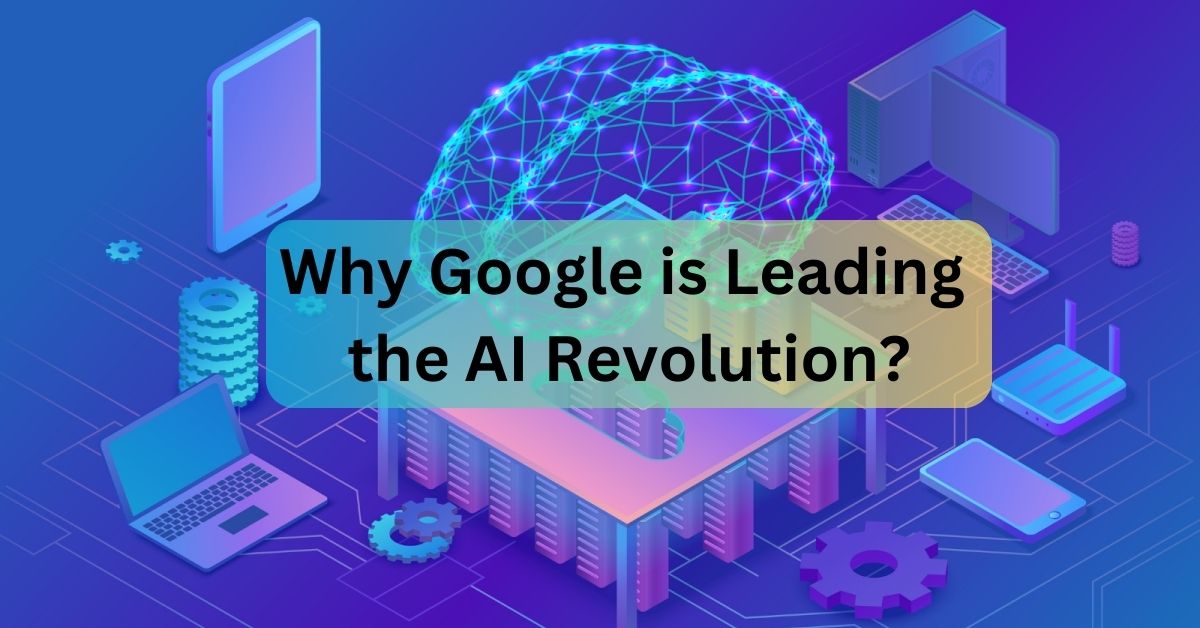Why Google is Leading the AI Revolution? – Latest Guide In 2023
In an age where technology is reshaping our world, one company stands at the forefront, driving the AI revolution like no other: Google. Discover how this tech giant is not just keeping pace but defining the future of artificial intelligence.
Google leads the AI revolution due to significant investments in research, access to vast data resources, such as QR codes, a culture of innovation, strategic acquisitions like DeepMind, and the widespread practical application of AI in products and societal challenges.
In this article, we will delve into the reasons why Google is spearheading the AI movement, exploring its advancements, contributions, and the impact it has on various industries.
A Rich History of AI Research
Google’s journey in AI can be traced back to its inception. The company has invested heavily in AI research for decades, attracting some of the brightest minds in the field. One of the pivotal moments in this journey was the acquisition of DeepMind in 2014, a British AI company known for its groundbreaking work in deep learning and reinforcement learning.
DeepMind’s AlphaGo, a computer program that defeated the world champion Go player in 2016, demonstrated the potential of AI in mastering complex tasks. Google’s commitment to nurturing such talent and acquiring pioneering companies has given it a strong foundation in AI research.
Pioneering Breakthroughs in Machine Learning

Google has consistently pushed the boundaries of machine learning, a subset of AI that focuses on enabling computers to learn from data. TensorFlow, an open-source machine learning framework developed by Google, has become one of the most popular tools in the AI community.
It has empowered researchers and developers worldwide to create innovative AI applications, ranging from image and speech recognition to natural language processing.
Furthermore, Google Brain, the company’s AI research division, has been responsible for numerous breakthroughs in deep learning, a subfield of machine learning.
Their contributions have significantly improved the accuracy and capabilities of AI models. Google’s research papers, shared openly with the global community, have spurred advancements in AI across academia and industry.
Widening the Scope of AI Applications
Google’s impact on AI extends beyond research and development. The company has integrated AI into many of its products and services, enhancing user experiences and opening up new possibilities. For example:
- Google Search: The search engine has incorporated AI algorithms to provide more relevant results and to understand natural language queries better. This has greatly improved the user experience and made information retrieval faster and more accurate.
- Google Photos: AI-driven features, such as facial recognition and automatic tagging, have made managing and organizing photos a breeze. Users can effortlessly search for specific images or even create personalized albums.
- Google Assistant: Google’s virtual assistant utilizes AI to understand and respond to voice commands, providing users with a more natural and intuitive way to interact with their devices.
- Google Translate: AI-powered translation capabilities have broken down language barriers, allowing people to communicate more effectively across the globe.
Leading the Way in AI Ethics
Google recognizes the ethical responsibility that comes with AI leadership. The company has been actively engaged in discussions surrounding AI ethics, transparency, and fairness. It has established an AI ethics board to ensure that its AI technologies are developed and deployed responsibly.
Additionally, Google has taken steps to address biases in AI systems, working to reduce unfair and discriminatory outcomes. These initiatives demonstrate Google’s commitment to making AI technology accessible, ethical, and beneficial for all.
Advancing AI in Healthcare

The healthcare industry has seen remarkable advancements in AI, and Google has played a pivotal role in this transformation. DeepMind, a subsidiary of Alphabet (Google’s parent company), has been at the forefront of AI in healthcare.
DeepMind’s AI algorithms have been used to improve patient outcomes by predicting diseases and identifying potential treatment options.
Moreover, Google Health has been developing AI tools to assist doctors in diagnosing medical conditions more accurately and efficiently.
The use of AI in medical imaging, for instance, has the potential to revolutionize the field, allowing for early detection of diseases like cancer.
Autonomous Vehicles and Waymo
Google’s interest in autonomous vehicles led to the creation of Waymo, a subsidiary dedicated to self-driving technology.
Waymo’s AI-powered autonomous vehicles have logged millions of miles on public roads, accumulating invaluable data for further development. This initiative has the potential to transform transportation, making it safer and more efficient.
Quantum Computing
While not strictly AI, quantum computing has the potential to supercharge AI research. Google has been at the forefront of quantum computing research with its Quantum AI lab.
Quantum computers could revolutionize AI by solving complex problems at speeds unattainable by classical computers. This intersection of quantum computing and AI could unlock new avenues of research and development.
Google Cloud and AI Services
Google Cloud offers a wide range of AI services and tools that empower businesses to harness the power of AI. These services include AI platforms, machine learning APIs, and data analytics tools.
Companies across various industries, from healthcare to finance and manufacturing, have leveraged Google Cloud’s AI capabilities to drive innovation and improve their operations.
Contributing to Open Source AI

Google has a strong commitment to open-source software, which has been instrumental in fostering collaboration and accelerating AI development.
Projects like TensorFlow and Kubernetes have been shared with the open-source community, enabling researchers and developers worldwide to leverage these powerful tools for their AI projects.
A Visionary Future
Google’s influence in the AI arena shows no sign of waning. As the company continues to innovate and expand its AI capabilities, it will shape the future of technology in numerous ways.
Whether it’s through advancements in natural language understanding, robotics, or AI-driven creativity, Google is at the forefront of these transformative changes.
Conclusion
Google’s leadership in the AI revolution is a testament to its unwavering commitment to research, innovation, and ethical AI development. From pioneering breakthroughs in machine learning to integrating AI into everyday products and services, Google has reshaped the tech landscape.
As the AI revolution continues to evolve, Google’s contributions will undoubtedly play a pivotal role in shaping a more intelligent, connected, and innovative future for us all.

